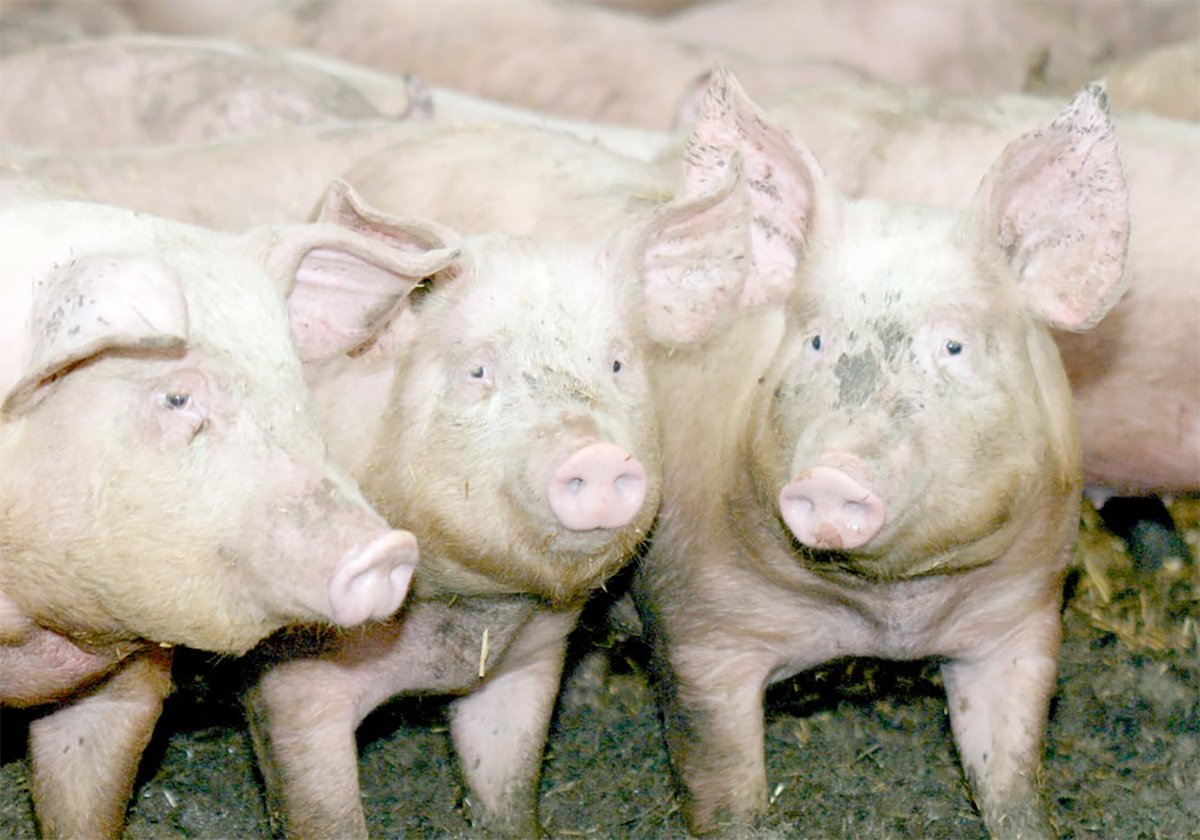Sunterra Meats has received approval to process and export beef to the European Union.
The federally inspected plant at Innisfail, Alta., which handles specialty meat products including beef, bison, sheep and goats, also achieved certification to process meats for the halal trade.
A halal technician certified by the Islamic Society of North America has been hired to handle processing meats for the Muslim trade. Sunterra hopes this opens the doors to emerging markets like Indonesia and other Muslim countries, while also serving domestic markets.
“We have been very pleasantly surprised by the number of inquiries we are getting just from word of mouth but we are still targeting some offshore markets,” said Miles Kliner, manager at Sunterra.
Read Also

The Western Producer Livestock Report – November 13, 2025
Western Producer Livestock Report for November 13, 2025. See U.S. & Canadian hog prices, Canadian bison & lamb market data and sales insights.
In addition to beef and lamb cuts processed under halal ritual requirements, offal products command a premium price in some areas of the world, which could add value to items that are now sold at a discount, or products that go for pet food or end up at rendering plants.
Under the new EU certification, key beef markets in Italy, Switzerland, France, Germany and Belgium have been targeted. Switzerland wants cattle processed under EU rules but it will accept hormone treated beef.
“The market is there if we had the beef,” said Kliner.
To enter the European market, Sunterra needs long-term partnerships with producers that can meet the requirements under the Canadian Food Inspection Agency’s program for certifying freedom from hormonal growth promotants.
“The biggest thing is to work with producers to make sure they understand what is required and get them in touch with the local vet who can walk them through the process,” said Kliner.
Calves must be tagged and enrolled in the CFIA program within six months of birth and raised under special requirements. Local veterinarians who are accredited with the CFIA can provide the information and handle testing requirements for producers and feedlots interested in participating.
Cattle enrolled in the program are checked at intervals for the presence of implanted hormones. The presence of banned hormones results in the owner being disqualified for two years. Cattle placed in a feedlot must be identified and later slaughtered separately at the beginning of a shift. Identity is maintained from slaughter to cutting and packing.
Age requirements for beef destined for the EU is less of an issue than some markets that demand the cattle must be younger than 30 months. Cattle are eligible for Europe if specified risk materials are removed according to international specifications.















